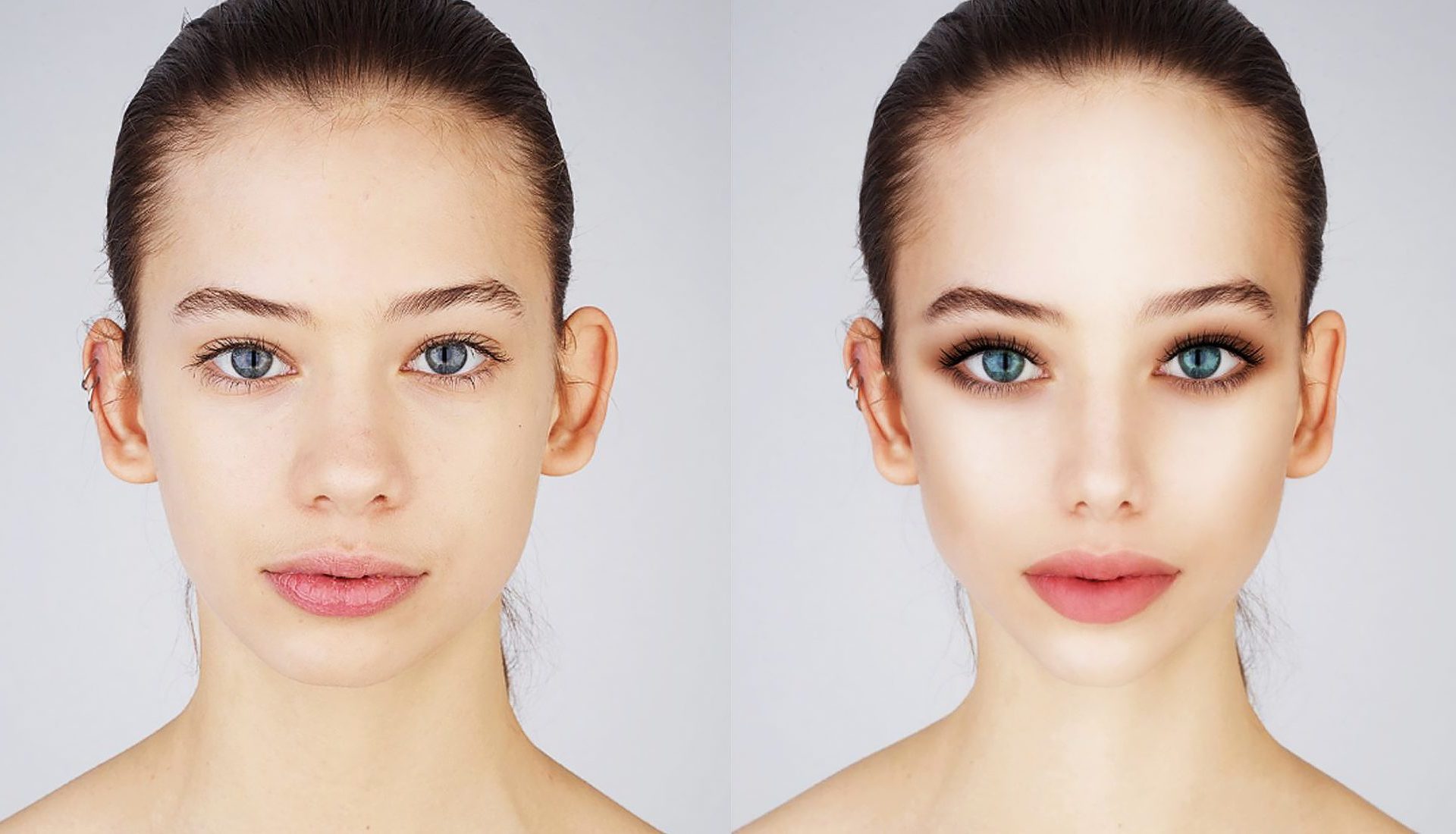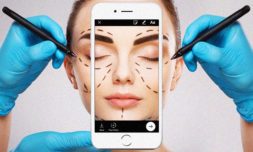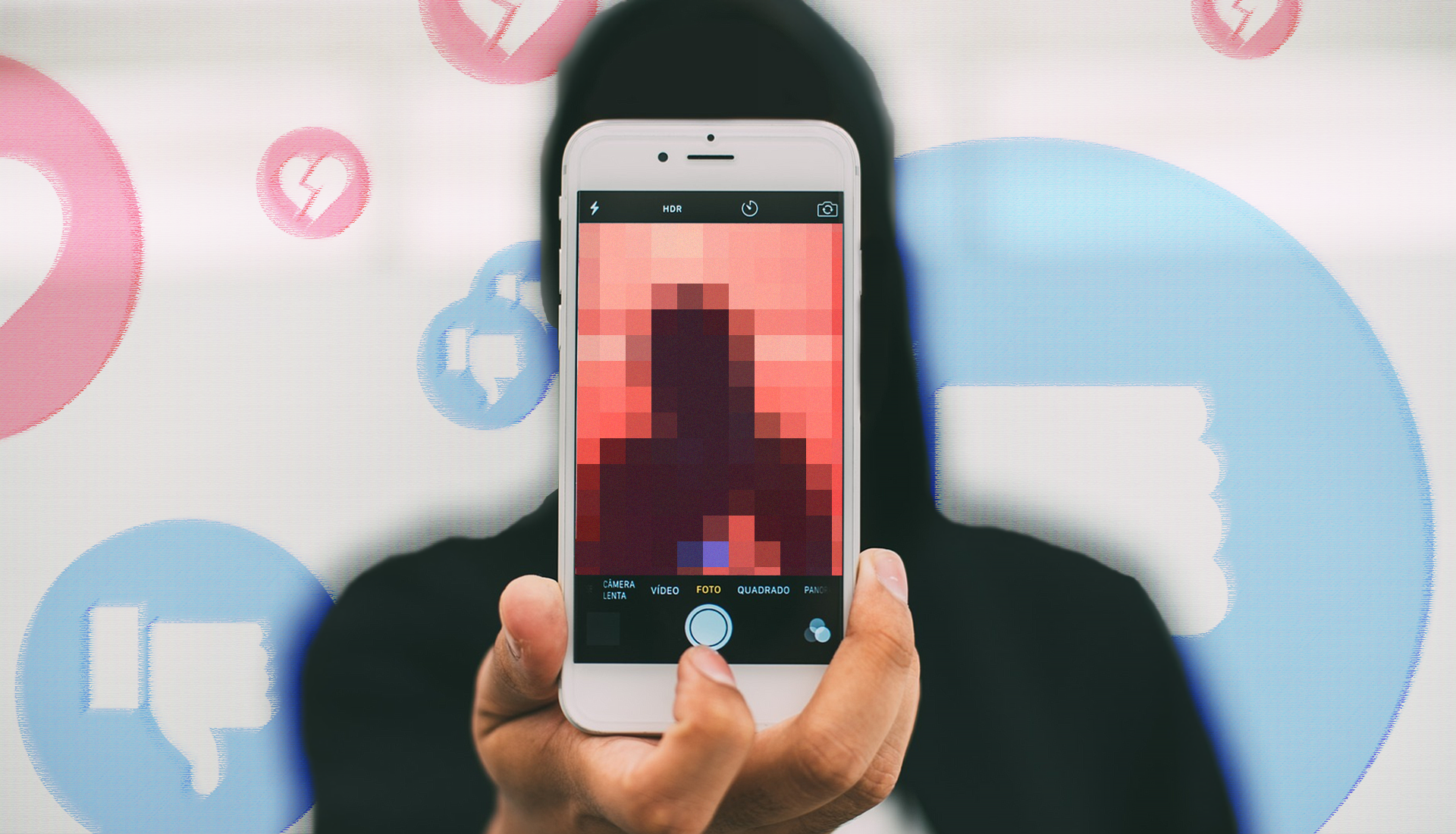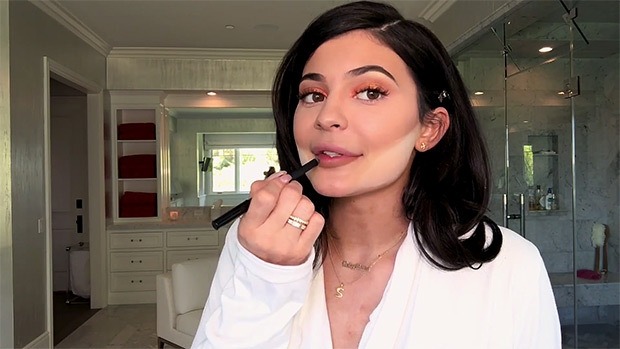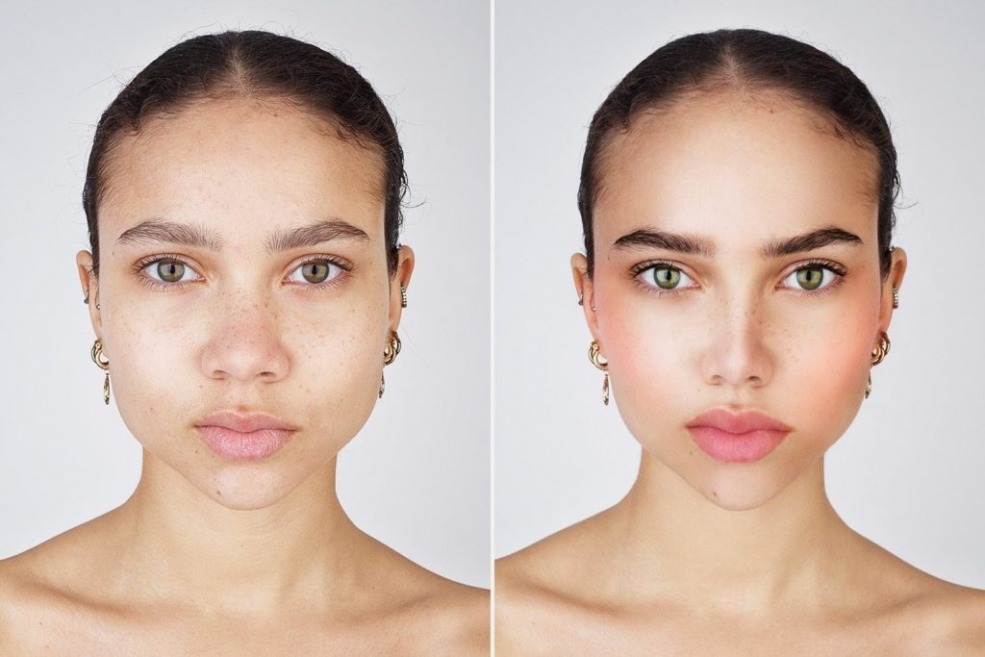You might have read our article about the worrying trend of selfie-editing apps a couple of weeks ago, but I’m here to explore the issue even further.
This year’s body image report by The Mental Health Foundation shows that one-third of teenagers in the UK are ‘ashamed’ of what they look like and 40% blame it on social media content. If you want to know more, click here.
Photoshopping images used to be a technique reserved for models in glossy magazines. Now, thanks to ever more affordable and easy-to-use software, anyone can retouch a photograph in a matter of seconds.
In February, British photographer John Rankin tasked 15 teenagers with editing portraits of themselves until they believed the images were ‘social media ready’ for a project called Selfie-Harm.
‘Today, more so than ever, people are mimicking their idols, making their eyes bigger, their nose smaller and their skin brighter – all for social media likes,’ said Rankin. ‘It’s just another reason why we’re living in a world of FOMO, sadness, increased anxiety, and Snapchat dysmorphia. It’s when people are making an alternative or ‘better’ social media identity that this becomes a mental health problem.’
While I’m fully aware I’ll never look like the women I see on the internet, I continue to find myself worrying about the fact I don’t have a ‘perfect body’ which in my eyes is a tiny waist, flat stomach and big breasts – pretty unrealistic right?
So why do I, amongst the vast majority of people my age, struggle so much with body image when now, more than ever, we are being taught to ‘love ourselves for who we are?’
The answer is pretty simple
The media’s portrayal of women has always been met with high levels of criticism. Magazines and sexist advertising on television continue to present the ‘ideal’ body type of flawless supermodels and photo shopped celebrities which causes us to question the way we look and lose confidence in ourselves.
These are often blamed for the effect that their interpretation of ‘the perfect woman’ has on impressionable young girls and their self-esteem, but there exists an even bigger issue in the 21st century: social media.
In the last decade, Facebook and Instagram have become an essential part of our daily lives and play a crucial role in the development of our attitudes towards appearance.
Thanks to its popularity, social media is a hugely influential force and many young people are living their lives through it, truly believing it’s more important than reality.
Essena O’Neill, an internet star who quit social media in 2015 to prove the point that it is simply a means of fake self-promotion stresses that ‘it is not real life.’ People tend to only post the most attractive pictures they have of themselves and increased exposure to these images may lead to a distorted and unrealistic idea of body types.









